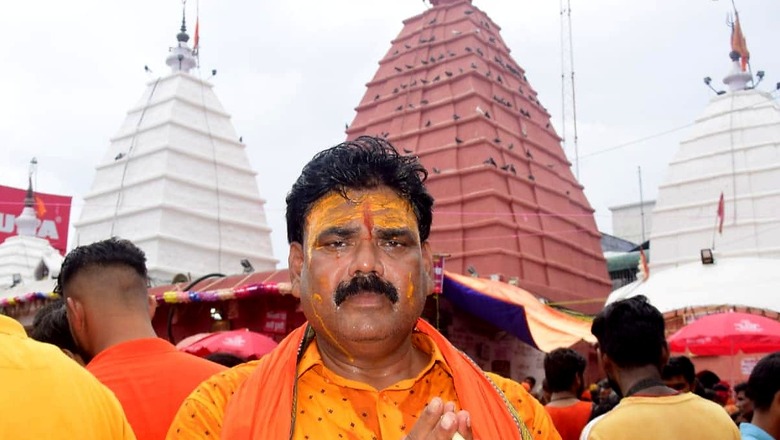
views
As reports of the nameplate controversy and communal discord along the Kanwar Yatra route trickle into the quiet village of Kushahari in Uttar Pradesh’s Deoria district, Nizaam Ansari stands undeterred. In his late 50s, Ansari has been diligently organising a Kanwar Yatra from UP to Jharkhand for many years. Similar to previous years, this time too he would lead a group of around 60 Shiv Bhakts including 15 Muslims, who would embark upon the 720 km annual pilgrimage during the second week of the ongoing Hindu month of Shravan.
A debate has been raging over the Yogi Adityanath-led Uttar Pradesh government’s directive mandating food shops on the Kanwar Yatra route to display their owners’ names. Various opposition parties and leaders argue that the directive discriminates based on religion, seeing it as a veiled attempt to identify and potentially target Muslim-owned businesses. A similar directive was issued by the government in neighbouring Uttarakhand. However, the Supreme Court has stayed these orders till Friday.
Ansari, who says he is a true Muslim with unwavering faith in Lord Shiva, doesn’t find anything unusual or absurd if people of his faith go on a Kanwar Yatra. It is just like his Hindu brethren observing Muharram rituals, he says, quite a common tradition in many parts of UP and some other states.
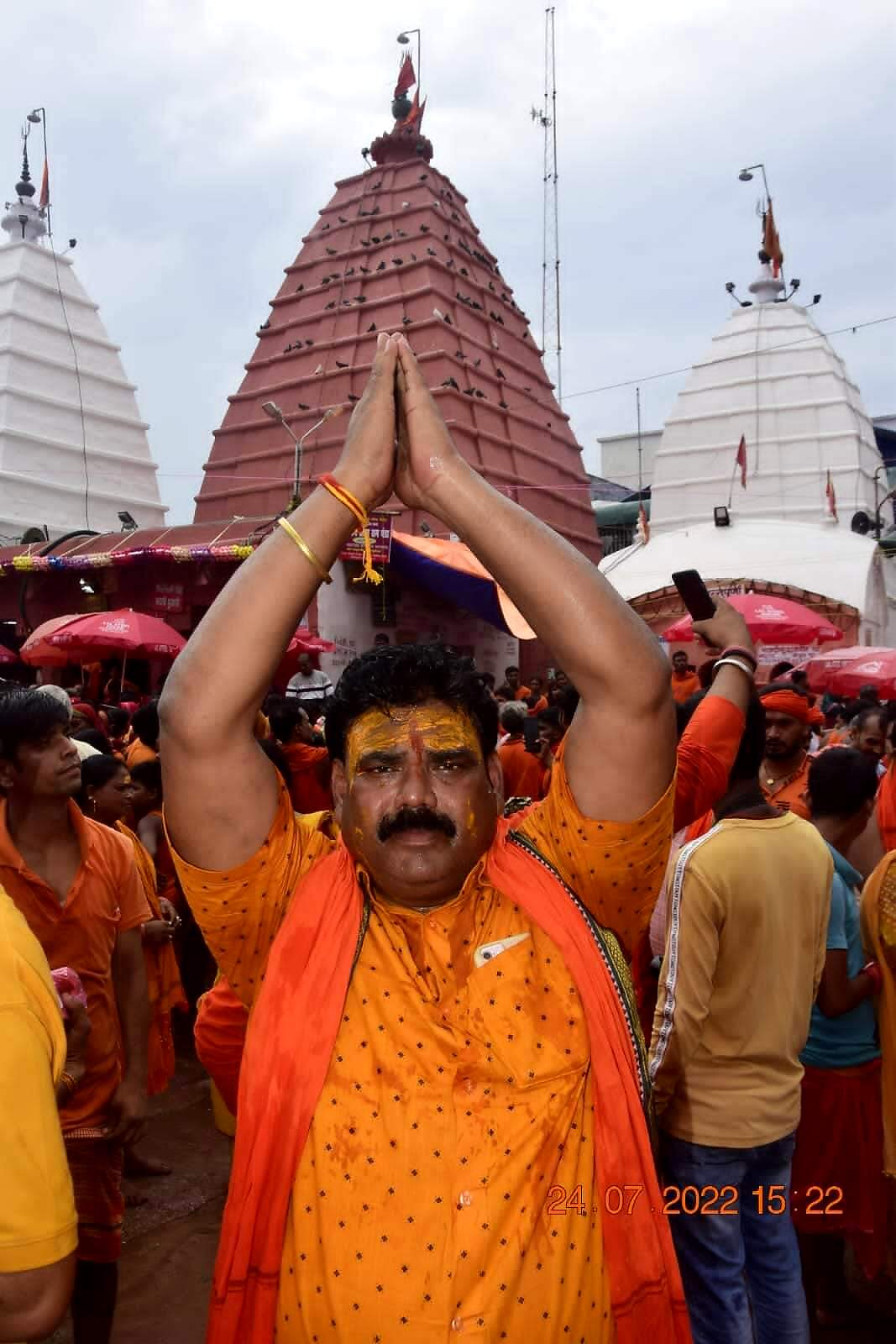
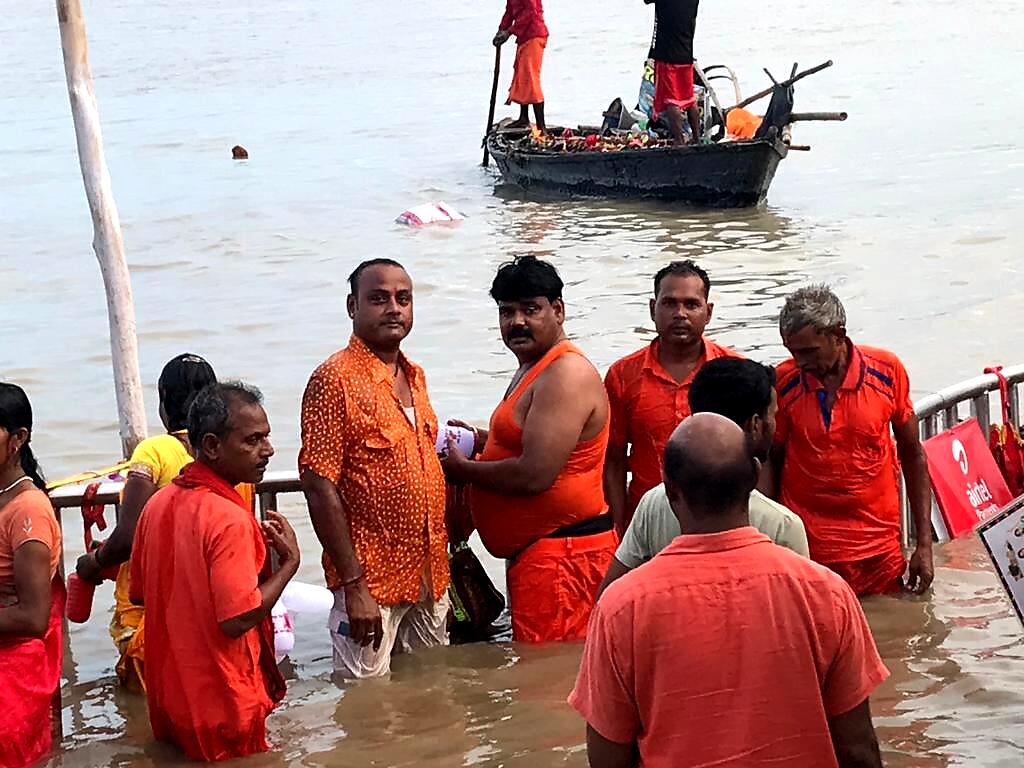
“Muslims taking part in the Kanwar Yatra alongside our Hindu brothers had been a long-standing tradition in our village. This practice, observed with much fervour and devotion, had lapsed for some time. However, I revived it almost 15 years ago, and since then, Muslims from our village have continuously participated in the yatra, fostering communal harmony and shared devotion,” Ansari told News18. “Aur mujhe lagta hai ki uparwale ki ibadat karne mein kisi ko kya hi aitraaz ho sakta hai, fir ye ibadat chahe Allah ki ho ya Mahadev ki (And I think, what objection can anyone have in worshiping God, whether it’s Allah or Mahadev).”
Deoria’s Kushahari village, with its predominantly Hindu population, is often seen as a beacon of the Ganga-Jamuni tehzeeb of composite high culture. For many Muslims here, the month of Shravan is as significant as the holy month of Ramzan. Similarly, the Hindu community holds iftars during Ramzan and participates in Muslim festivals. “People here respect each other and their respective religions. It hardly matters to them who is Hindu and who is Muslim. Everyone is a human being first,” said Arvind Kumar, a Kushahari village resident.
Preparations for the month of Shravan begin well in advance here. On average, around 60 to 70 devotees of Lord Shiva, including 15 to 20 Muslims, participate in the 720 km yatra from UP to Jharkhand every year. “This year too our yatra would start from Kushahari, then will reach Thawe, which falls in the Gopalganj district of Bihar, where we would visit a grand temple dedicated to Goddess Durga, after which we would leave for Bihar’s Sultanganj to visit the sacred Ajgaibinath Dham, which is dedicated to Lord Shiva. We would collect water from Sultanganj, and cover around 111 km on foot to reach Baidyanath temple, also referred to as Baba Baidyanath Dham, located in Deoghar, Jharkhand,” said Ansari.
This year 60 people including around 15 Muslims have signed up for the pilgrimage, which will start on Saturday. “We are hopeful that similar to previous years, this year too we will manage to complete the yatra safely and get Baba’s blessings,” added Ansari, saying that he has visited other Hindu holy sites including Badrinath, Kedarnath, Gangotri, Yamunotri, Varanasi, Prayagraj, Haridwar-Rishikesh, Mathura-Vrindavan, Ayodhya, Dwarka, and Rameswaram.
Girish Singh, another Kishahari resident and devotee of Lord Shiva, appreciates Ansari’s selfless service and calls him a true Shiv Bhakt. “Yehi Shiv ki leela hai…kab kaun uska mureed ban jaye koi nahi janta (This is Lord Shiva’s divine play, no one knows when someone would become His devotee). And Ansari is no exception. Ansari has been organising the Kanwar Yatra at his own expense. Last year we went by bus that charged around Rs 1.5 lakh. However, this year since the number of people is a little less, we are going by SUVs, and the estimated cost is around Rs 60,000 to 70,000,” he added.
Extensive arrangements have been made across states for Kanwariyas, as the month of Sawan began on Monday. During this time, lakhs of Shiva devotees carry holy water from the Ganga in Haridwar to their homes and offer it at temples on the way.
“In an era marked by rising intolerance and communal discord, rare acts of selfless service and shared traditions serve as an elixir for human relationships. They strengthen the bonds between communities, fostering unity and mutual respect. Such efforts should be celebrated and appreciated, as they exemplify the true spirit of harmony and togetherness,” said Vinay Kumar Singh, a social worker from Deoria.
Asked about the recent nameplate controversy, Ansari says it’s all politics, and a devotee or a true bhakt has nothing to do with it. “Yeh humein sochna hain ki humein in baton pe dhyan dena hai, ya uparwale ki ibadat mein. Ye bhi daur hai, guzar jayega (We have to decide whether we focus on such things or the devotion of the Almighty. This is also a phase and it will pass),” he said.












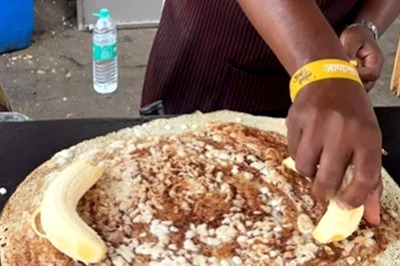
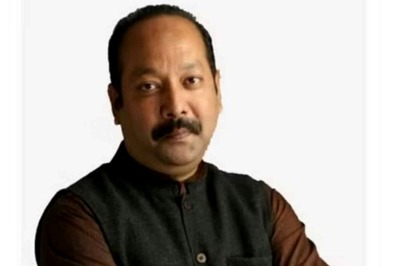
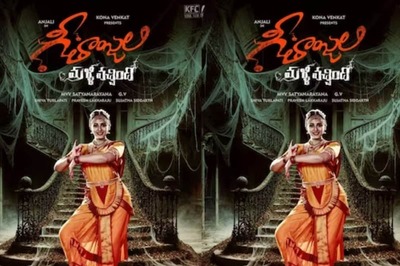


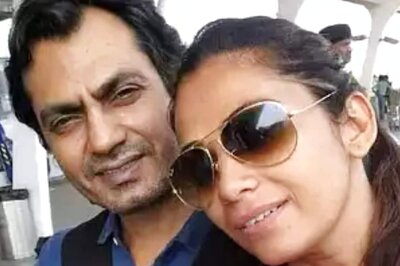
Comments
0 comment